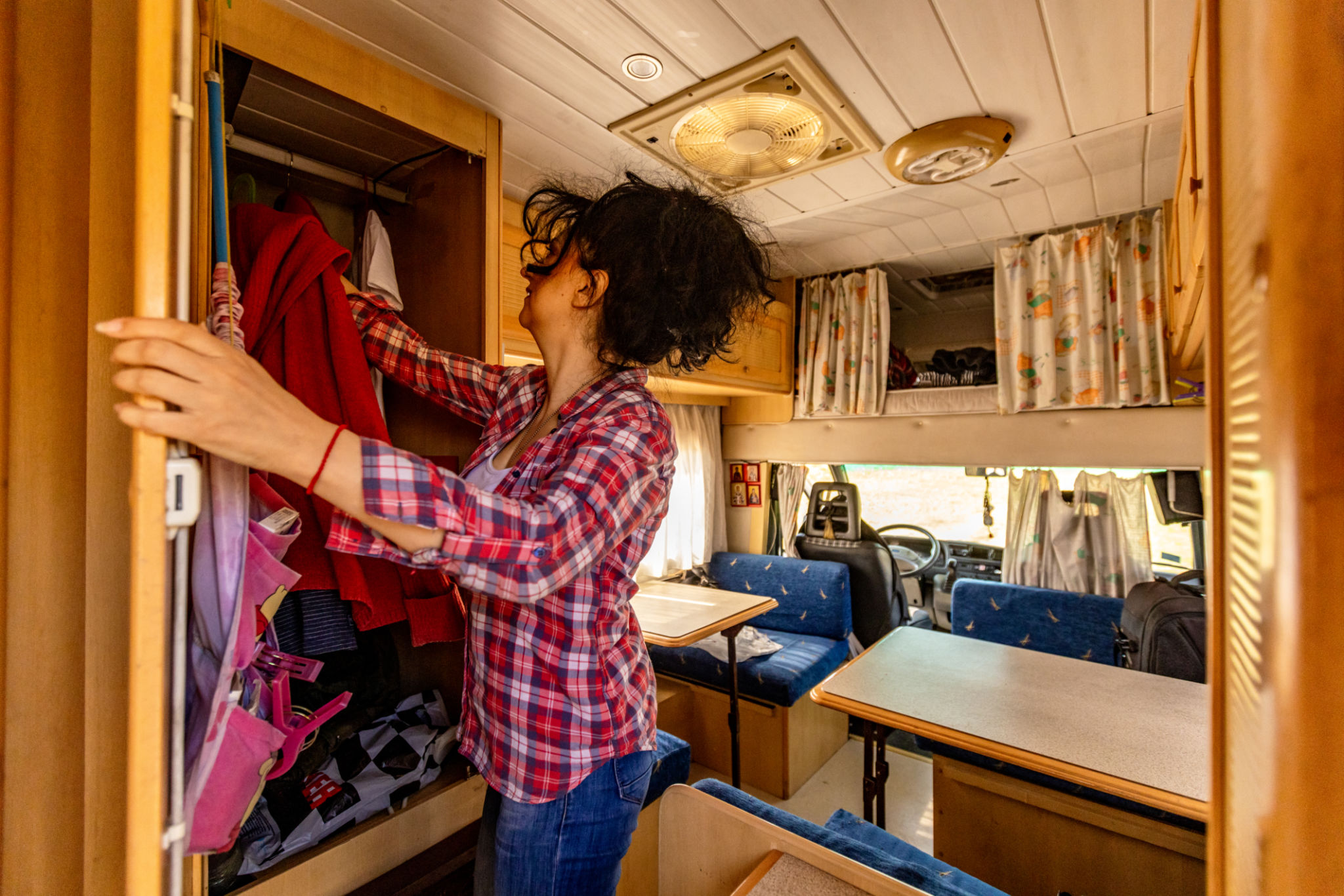What Does an RV Pre-Purchase Inspection Include? A Detailed Breakdown
MJ
Purchasing a recreational vehicle (RV) is a significant investment, whether you're a seasoned traveler or a first-time buyer. An RV pre-purchase inspection is crucial to ensure you’re getting value for your money and avoid unexpected expenses down the road. This detailed breakdown will guide you through what an RV inspection typically includes, ensuring peace of mind before hitting the open road.
Exterior Inspection
The exterior of an RV is its first line of defense against the elements. An inspector will thoroughly examine the exterior for any signs of damage, wear, or potential issues. This includes checking for cracks, dents, rust, and any signs of water damage that might indicate leaks. The roof is a critical area that needs attention as it can be prone to leaks if not maintained properly.

Wheels and Tires
Another crucial aspect of the exterior inspection involves evaluating the condition of the wheels and tires. Inspectors will look for uneven wear, cracks, or aging in the tires, which could lead to blowouts or other hazards. They will also check the brakes and suspension system to ensure they are functioning properly.
Interior Inspection
The next step in an RV inspection focuses on the interior. This part of the inspection ensures that all living spaces are in good condition and functional. Inspectors will check for any signs of water damage, mold, or mildew, especially around windows and seams.
Appliances and Systems
An RV is like a home on wheels, which means it’s equipped with several appliances that need to be in working order. Inspectors will test the functionality of appliances such as the refrigerator, stove, and air conditioning units. The electrical system, plumbing, and gas systems will also be inspected to ensure they are safe and operational.

Structural Elements
The structural integrity of an RV is paramount for safety and durability. Inspectors will examine the chassis, frame, and undercarriage for any signs of rust or damage that could compromise the RV’s safety. They will also inspect slide-outs, if applicable, to ensure they extend and retract smoothly without issues.
Seals and Insulation
Proper insulation and sealing are essential in an RV to maintain temperature control and prevent leaks. Inspectors will check all seals around windows, doors, and other openings to ensure they are intact and not allowing water or air infiltration.

Road Test
A comprehensive inspection often includes a road test to evaluate how the RV handles on the road. This test helps identify any issues with steering, braking, or engine performance that might not be apparent during a stationary inspection. The road test also provides insight into how comfortable the ride is, which is crucial for long trips.
Documentation Review
Finally, a complete pre-purchase inspection should include a review of all pertinent documentation. This includes checking maintenance records to ensure the RV has been well taken care of over its lifetime. Additionally, inspectors may verify that there are no outstanding recalls or liens on the vehicle.
Investing in an RV pre-purchase inspection can save you from future headaches and unexpected costs. By thoroughly examining every aspect of the vehicle, you can be confident in your purchase decision and focus on enjoying your travels.
